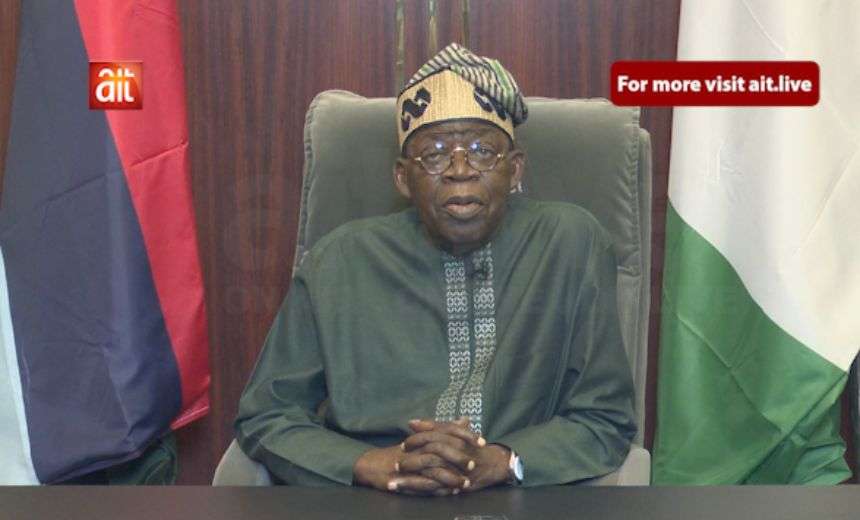President Bola Tinubu has revealed that his administration channelled funds saved from the removal of fuel subsidy into the provision of critical infrastructure across the country.
The president, who was represented by his Minister of State for Finance, Doris Nkiruka Uzoka-Anite, made this known at the opening of a National Conference on Public Accounts and Fiscal Governance, organised by the Public Accounts Committees of the Senate and House of Representatives in Abuja.
The event themed “Fiscal Governance in Nigeria: Charting a New Course for Transparency and Sustainable Development,” gave the president an opportunity to explain how subsidy funds were channelled into social safety nets and targeted economic reforms aimed at rebuilding public trust and promoting inclusive development.
President Tinubu noted that the removal of the subsidy, though painful, was necessary to free up fiscal space and redirect national resources to sectors that benefit the broader population.
President of the Senate Senator Godswill Akpabio, who was represented at the conference by Senator Abdul Ningi, asked the Public Accounts Committees of the National Assembly to assert their constitutional powers in enforcing transparency and accountability in government, warning against the growing trend of non-compliance with legislative summons.
This position was shared by House Speaker Tajudeen Abass, who raised alarm over Nigeria’s unresolved fiscal infractions, revealing that over 300 billion naira in public funds flagged by audit reports remain unrecovered
Abbas, who was represented by House Leader Julius Ihonbvere, described the situation as unacceptable, warning that fiscal responsibility cannot thrive where audit queries are routinely ignored without consequence
Chairman of the House of Representatives Public Accounts Committee (PAC), Bamidele Salam, and his Senate counterpart, Ahmed Wadada both called for a complete recalibration of Nigeria’s fiscal governance systems, asking all public officials to move beyond lip service and ensure that public funds are truly used for the public good.
They stressed that the conference must go beyond discussions to deliver concrete, measurable outcomes that will impact the lives of citizens.
(Editor: Paul Akhagbemhe)








